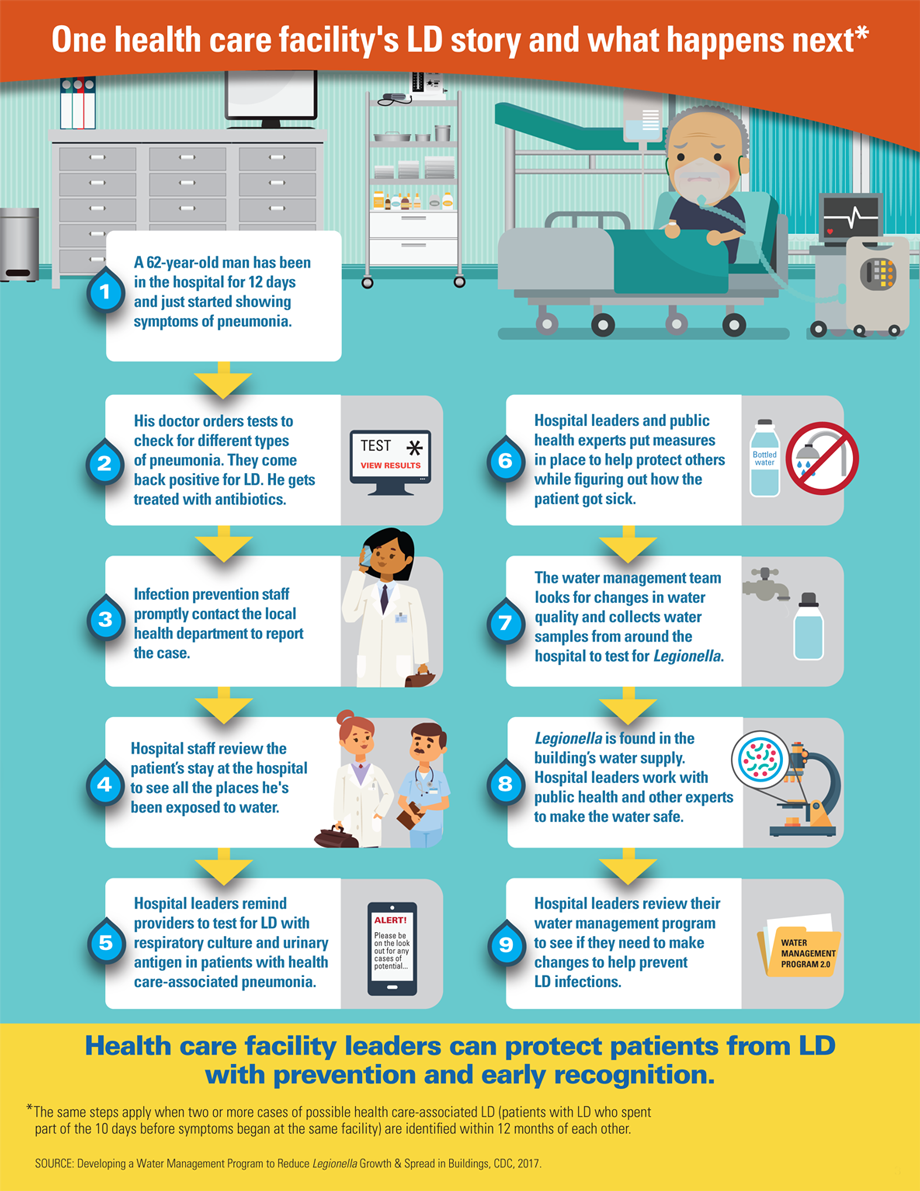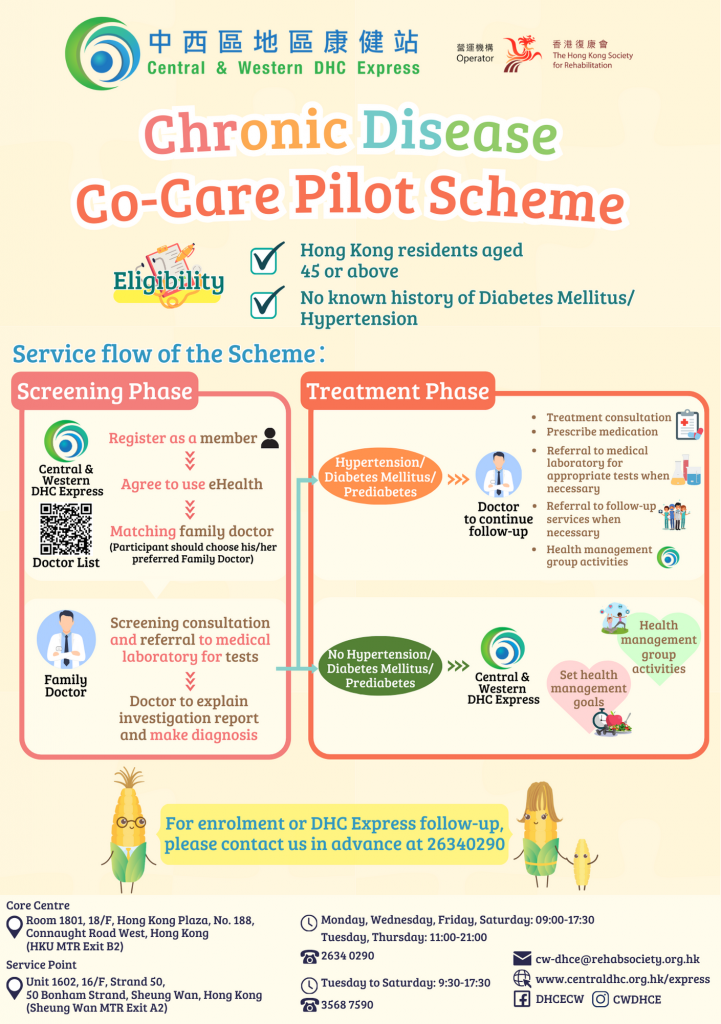Hong Kong’s Health Landscape: Understanding the Latest Legionnaires’ Disease Update
Recent health reports from the Centre for Health Protection reveal an important public health development in Hong Kong, with five new cases of community-acquired Legionnaires’ disease emerging in the city. This update comes as part of a broader health monitoring effort, highlighting the ongoing importance of tracking infectious diseases.

As of last Saturday, the total number of Legionnaires’ disease cases in Hong Kong has reached 78 this year, signaling the need for continued vigilance and public awareness. While the report describes these new cases as sporadic, it underscores the importance of understanding and monitoring community health risks.
Legionnaires’ disease, a serious type of pneumonia caused by bacteria that can thrive in water systems, requires careful tracking and prevention strategies. The sporadic nature of these cases suggests they are not part of a concentrated outbreak but rather isolated incidents spread across different locations.

This health update is just one aspect of Hong Kong’s complex and dynamic public health landscape. The city continues to demonstrate a comprehensive approach to monitoring and reporting various health-related issues, balancing transparency with detailed statistical tracking.
The broader context of Hong Kong’s health reporting reveals a multifaceted approach to public information. In the same period, the city has been actively monitoring and reporting on various health and community-related matters. For instance, the Centre for Health Protection maintains rigorous documentation of disease cases, providing residents with timely and accurate information.

Beyond Legionnaires’ disease, Hong Kong’s health and community sectors are addressing multiple challenges. The city has been proactively managing various public health concerns while simultaneously focusing on broader societal issues. From privacy data security to educational placements, the government demonstrates a comprehensive approach to public service and information sharing.
The current health report serves as a reminder of the importance of public health surveillance and the ongoing need for community awareness. While five new cases might seem modest, each represents an opportunity for increased understanding and preventive action.
Residents and visitors are encouraged to stay informed about potential health risks and follow recommended preventive measures. This includes maintaining good personal hygiene, being aware of potential exposure risks, and seeking medical attention if experiencing persistent respiratory symptoms.
Hong Kong’s systematic approach to health reporting reflects the city’s commitment to transparency and public well-being. By providing detailed, timely information about disease cases, health authorities enable citizens to make informed decisions about their personal health and community interactions.
As the city continues to navigate various health challenges, these periodic updates serve as crucial communication tools. They not only inform the public about current health status but also contribute to a broader understanding of community health dynamics.
The five new Legionnaires’ disease cases represent more than just a statistical update—they are a testament to Hong Kong’s robust health monitoring system and its dedication to maintaining public health standards. Through careful tracking, reporting, and proactive management, the city demonstrates its resilience and commitment to protecting its residents’ well-being.












